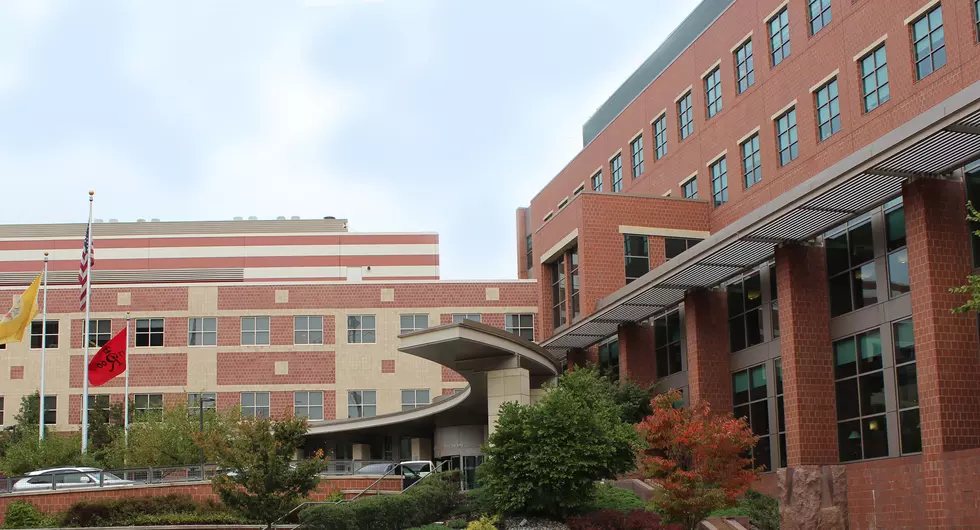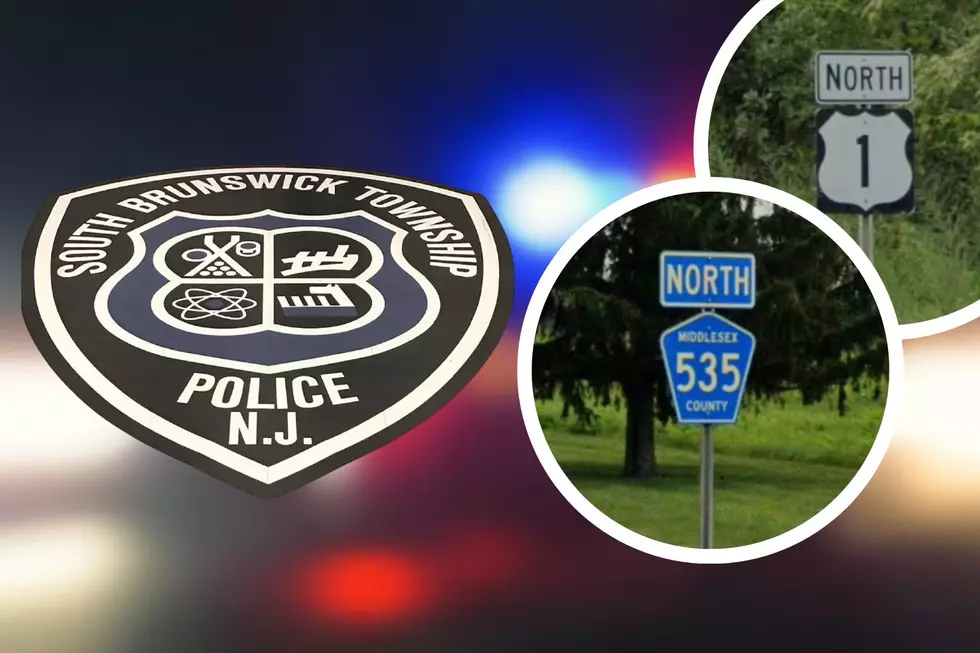
Rutgers Cancer Institute puts focus on childhood cancer survivors
NEW BRUNSWICK — A diagnosis of childhood cancer can have a devastating impact on a child's entire family. But once the child successfully completes treatment, questions the family may have about long-term health effects often go unanswered.
That's a void the Rutgers Cancer Institute of New Jersey's LITE Program, for Long-Term, Information, Treatment Effects and Evaluation, has tried to fill for the last 15 years. The program's symbol is a lighthouse to symbolize the beacon of light that readily available information can provide.
Dr. Margaret Masterson is a pediatric hematologist/oncologist and the medical director of the LITE Program. She said that a multidisciplinary approach to childhood cancer survivors, including the providing of social workers, nutritionists, and psychologists, helps instruct these growing children and young adults in how to take care of themselves.
Masterson said children and families often do not think about the emotional or psychological long-term effects of treatment, and that any symptoms of anxiety which are present could be related.
This year's edition of the LITE Program's annual Survivor's Family Education Night sought to address that by specifically asking survivors where they thought their knowledge might be deficient. The event conveys this most effectively, according to Masterson, through its peer panel of survivors and parents.
"What do you want to hear about? What haven't you been hearing about, or what is difficult for you to find when you go online and try to look things up? And what they asked for was a focus on stress, and depression, and post-traumatic stress after treatment," Masterson said.
Once childhood cancer survivors are anywhere from two to five years past the completion of their treatment, Masterson said, they are welcomed into the LITE Program, which they are invited to take advantage of for approximately 10 years — either from their entry into the program or their graduation from high school, whichever comes later. Participants get a summary of their important treatments, and then the program comes up with a tailored plan.
"As they go through adolescence and young adulthood, they need the information from themselves, and although they will get some information from their parents, it's important for them to get it directly from the providers as well," Masterson said.
This affords an opportunity for survivors to come back years later and address concerns more relative to adult development, such as fertility and muscle strength.
The LITE Program's Survivor's Family Education Night is supported by a yearly grant from the National Children's Cancer Society, which chipped in $2,000 for the most recent event in late June.
Patrick Lavery is Senior Producer of Morning News and Special Programming for New Jersey 101.5, and is lead reporter and substitute anchor for "New Jersey's First News." Follow him on Twitter @plavery1015 or email patrick.lavery@townsquaremedia.com.
More from New Jersey 101.5:
More From New Jersey 101.5 FM









